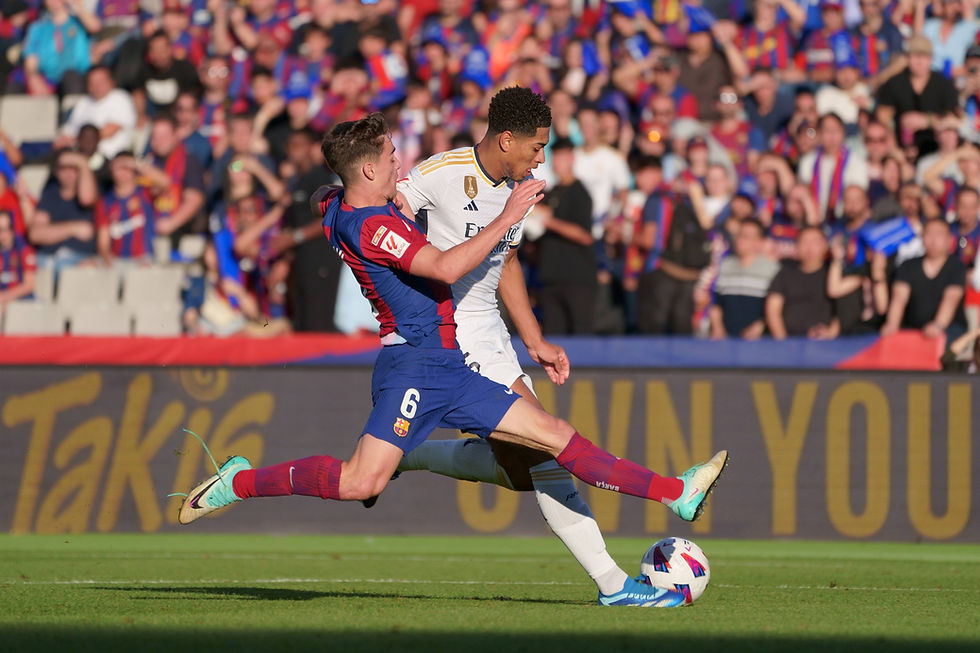Trends of Foreign Ownership in Top Five Leagues
- Jonathan Trusz
- Jan 11, 2023
- 3 min read

There has been a changing trend in the top five leagues of European football, and it has led to some major economic developments within each league. This has led to power being removed from the hands of local supporters and businesses and placed in the hands of foreign investors and companies. [1] This has most recently been seen in the financial takeover of Newcastle United in 2021.
However, this trend of foreign ownership and involvement in clubs has not necessarily been a bad thing. Since Manchester City was bought in 2008, they have experienced success that has been unprecedented in the history of their club. [2] The infusion of foreign funds into the budget of these clubs allows them to be much more competitive than ever before, which is specifically seen in the case of Manchester City. Six of their eight Premier League titles came after 2008 when they were purchased by the Abu Dhabi Group. The investment of foreign funds led them from being a relegation club in the late 1990s, to being a constant fixture at the top of the Premier League table in the 2010s to now.
That said, there is most definitely a downside to the unequal distribution of funds created by foreign ownership in the football realm. It leads to an imbalance of which teams have the best players, and certain teams dominate the league. This can be seen most prominently in Ligue 1, the top league in France. Paris Saint Germain was purchased in 2011 by Qatar Sports Investments and has since dominated the league. [3] They have won the league 8 out of the last 10 years and finished second the two years they didn’t win. These results can be troubling since the extreme foreign investment makes it almost impossible for other clubs to challenge them for the league title.
Another negative impact of foreign investment has been the inflation of players' transfer prices, and the impact that this has on smaller clubs. PSG alone has purchased the two most expensive players in football history, Neymar for €222 million and Kylian Mbappe for €180 million. These are transfer sums that are completely unprecedented and brought along via the increased trends of foreign investment into football clubs. This can be seen in the average transfer budget of all clubs in Ligue 1, which is around €120 million. [4] Consider that Paris Saint Germain’s budget was €700 million alone, and it can be easily seen how they are able to dominate the league so easily.
The most recent critic of the European system is American head coach Jesse Marsch, who spoke to reporters about how the economic imbalance of clubs in the Premier League makes it difficult to compete. He was comparing the economic landscape of European football to that of sports in the United States, and the salary cap format that is used in American sports like baseball and football. When comparing the Premier League to the NFL and MLB he was quoted saying “We have salary caps and everyone has a chance when the season starts. I'm sorry, but the way European football works, that's just not the case.” [5] He is only the most recent critic, but his message has been echoed by other coaches of smaller clubs who have realized that they clearly can’t compete against bigger clubs with larger budgets.
Overall, there are benefits and drawbacks to the increased trends of foreign ownership, and the effects it can have on leagues. If you are the club that is being invested in, things are looking good for you, and you are poised to win trophies. On the flip side, if you’re a smaller club owned by local fans and businesses, the competition just got a whole lot better.
Jon Trusz is a Senior at the University of Connecticut studying Political Science and Communications and can be reached on LinkedIn under his name, or by email at jonathan.trusz@uconn.edu.






